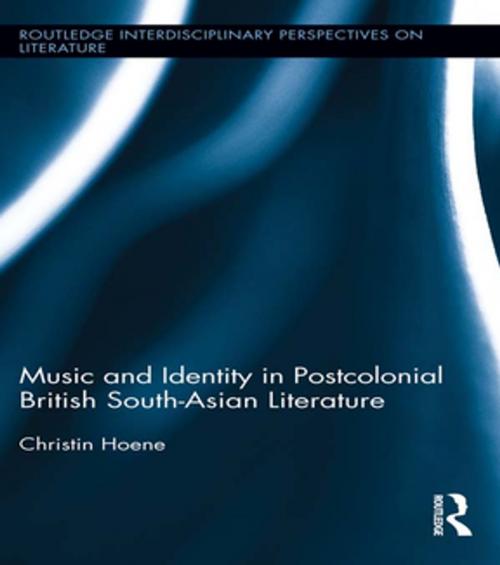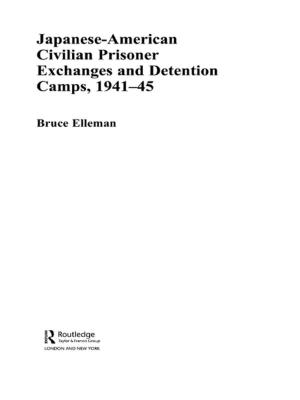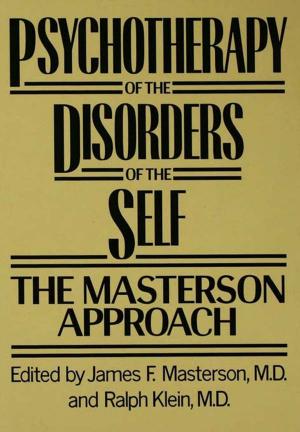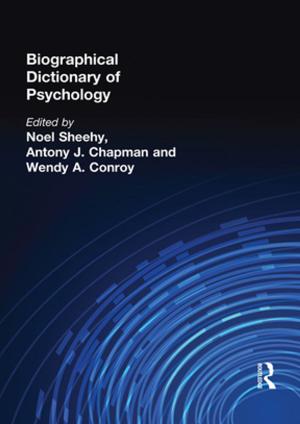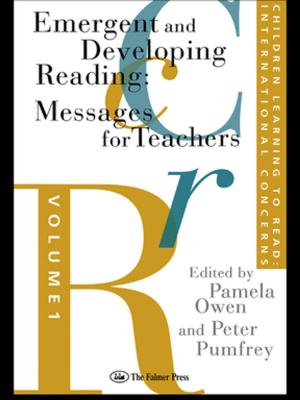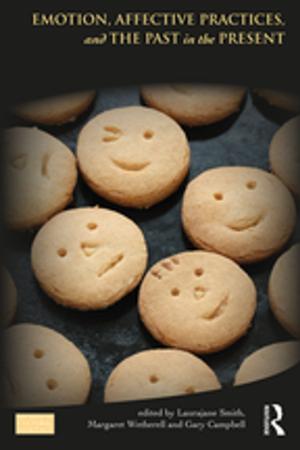Music and Identity in Postcolonial British South-Asian Literature
Fiction & Literature, Literary Theory & Criticism, Asian, South & Southeast Asian, Nonfiction, Entertainment, Music, Theory & Criticism, Ethnomusicology, Books & Reading| Author: | Christin Hoene | ISBN: | 9781317679158 |
| Publisher: | Taylor and Francis | Publication: | August 27, 2014 |
| Imprint: | Routledge | Language: | English |
| Author: | Christin Hoene |
| ISBN: | 9781317679158 |
| Publisher: | Taylor and Francis |
| Publication: | August 27, 2014 |
| Imprint: | Routledge |
| Language: | English |
This book examines the role of music in British-South Asian postcolonial literature, asking how music relates to the construction of postcolonial identity. It focuses on novels that explore the postcolonial condition in India, Pakistan, and the United Kingdom: Vikram Seth's A Suitable Boy, Amit Chaudhuri's Afternoon Raag, Suhayl Saadi's Psychoraag, Hanif Kureishi's The Buddha of Suburbia and The Black Album, and Salman Rushdie's The Ground Beneath Her Feet, with reference to other texts, such as E.M. Forster's A Passage to India and Vikram Seth's An Equal Music. The analyzed novels feature different kinds of music, from Indian classical to non-classical traditions, and from Western classical music to pop music and rock 'n' roll. Music is depicted as a cultural artifact and as a purely aestheticized art form at the same time. As a cultural artifact, music derives meaning from its socio-cultural context of production and serves as a frame of reference to explore postcolonial identities on their own terms. As purely aesthetic art, music escapes its contextual meaning. The transgressive qualities of music render it capable of expressing identities irrespective of origin and politics of location. Thereby, music in the novels marks a very productive space to imagine the postcolonial nation and to rewrite imperial history, to express the cultural hybridity of characters in-between nations, to analyze the state of the nation and life in the multicultural diaspora of contemporary Great Britain, and to explore the ramifications of cultural globalization versus cultural imperialism. It will be a useful research and teaching tool for those interested in postcolonial literature, music studies, cultural studies, contemporary literature and South-Asian literature.
This book examines the role of music in British-South Asian postcolonial literature, asking how music relates to the construction of postcolonial identity. It focuses on novels that explore the postcolonial condition in India, Pakistan, and the United Kingdom: Vikram Seth's A Suitable Boy, Amit Chaudhuri's Afternoon Raag, Suhayl Saadi's Psychoraag, Hanif Kureishi's The Buddha of Suburbia and The Black Album, and Salman Rushdie's The Ground Beneath Her Feet, with reference to other texts, such as E.M. Forster's A Passage to India and Vikram Seth's An Equal Music. The analyzed novels feature different kinds of music, from Indian classical to non-classical traditions, and from Western classical music to pop music and rock 'n' roll. Music is depicted as a cultural artifact and as a purely aestheticized art form at the same time. As a cultural artifact, music derives meaning from its socio-cultural context of production and serves as a frame of reference to explore postcolonial identities on their own terms. As purely aesthetic art, music escapes its contextual meaning. The transgressive qualities of music render it capable of expressing identities irrespective of origin and politics of location. Thereby, music in the novels marks a very productive space to imagine the postcolonial nation and to rewrite imperial history, to express the cultural hybridity of characters in-between nations, to analyze the state of the nation and life in the multicultural diaspora of contemporary Great Britain, and to explore the ramifications of cultural globalization versus cultural imperialism. It will be a useful research and teaching tool for those interested in postcolonial literature, music studies, cultural studies, contemporary literature and South-Asian literature.
